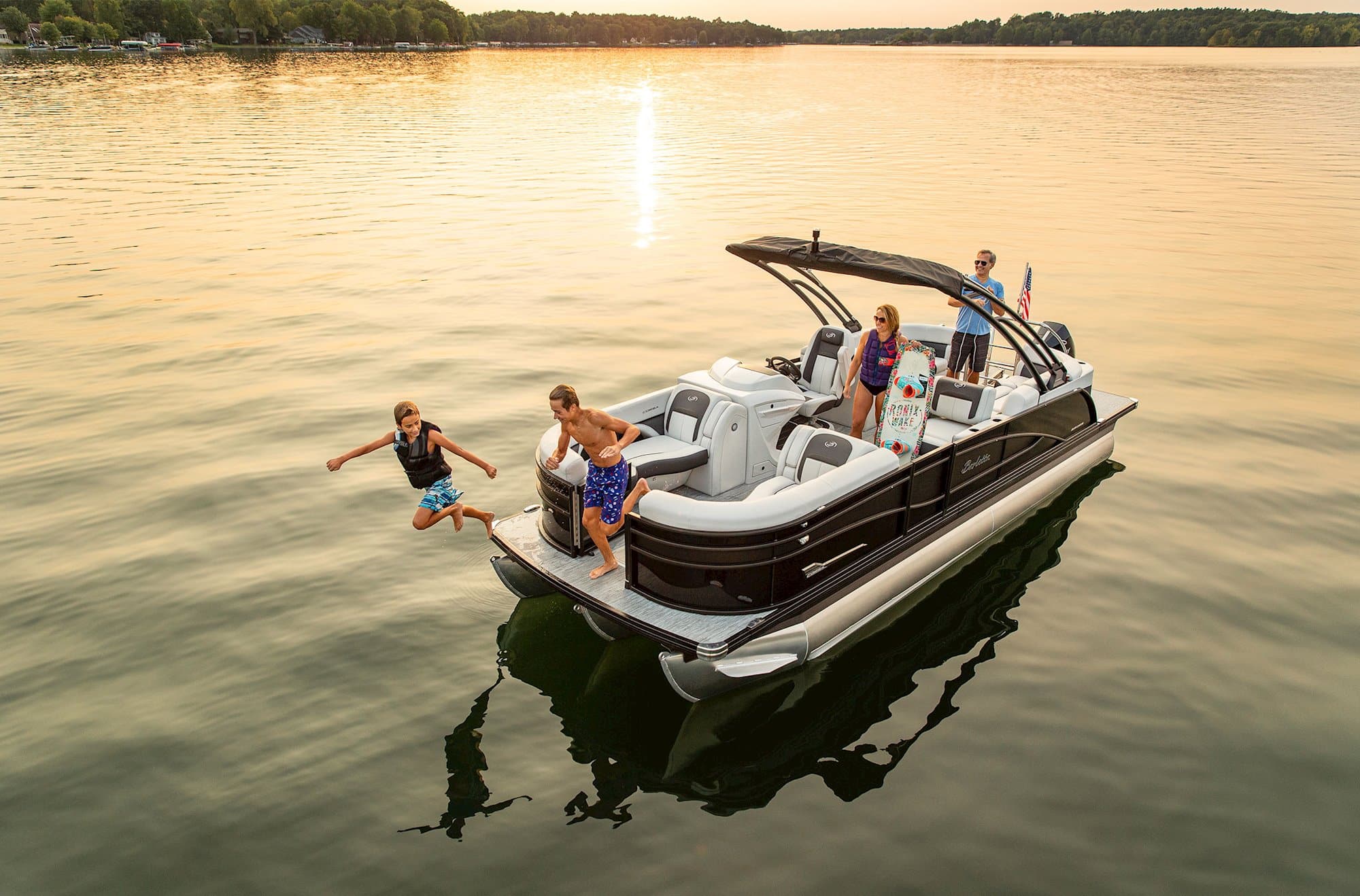Are you gearing up for your long weekend on the water? If so, make sure to have all of your boating gear ready and in order before embarking, and to refresh your memory with these boating safety tips. Hundreds of thousands of people in the United States have become first-time boat owners during this pandemic, and many in our area will likely hit the Atlantic Ocean and lakes across our state, trying to enjoy the Summer as we come out of the Coronavirus pandemic.
According to statistics from the US Coast Guard, nearly 70% of boating fatalities occurred on boats where the operator had no safety instruction. While speeding and alcohol are the leading causes, operator inattention, improper lookout, and operator inexperience round out the top five causes.
1. Always wear a well-fitted life jacket
Before you head out on the water with your friends or family, you’ll want to be sure everyone has a secure-fitting lifejacket. Drowning accounts for 79% of fatal boating accidents where the cause of death was known, and of that, 86% of those victims were not wearing life jackets according to the Water Sports Foundation (WSF). This means every passenger should wear one at all times while out on the water – no exceptions!
2. Don’t drink and drive
This is no surprise – alcohol is the absolute #1 leading cause of injury and death on a boat. Boating is a fun activity, and often those fun times lead to drinks. Just don’t do it. If you still want to have a few drinks, make sure to designate somebody to stay sober. Have the same respect for the water and your boat as you do for the road and your car.
3.Watch the weather
Stay on top of the weather forecast. Download a reliable weather app to your phone and check it often. When dangerous conditions arise, get out as soon as possible! Too often, especially in the summer, the weather looks great in the morning, then very quickly turns bad with an afternoon thunderstorm.
4. Communicate rules and expectations with your passengers
Before you start the boat’s motor, make sure to openly communicate to your passengers what the rules are and what is expected of them. Letting your passengers know what to do, how to do it, and when to do it, can help eliminate a lot of risks.
5. Create a float plan
Before you head out, make sure that you tell somebody – a friend, family, even the staff at the marina – the names of all of those aboard and contact information for all of them. Make sure to outline your itinerary, any stops that you may plan to make, your destination, concerns, and estimated return times.
6. Comply with weight limits and pay attention to your surroundings
When deciding on the number of people to invite on to your boat, make sure not to exceed its capacity. If you’re taking a cooler or any other cargo with you, don’t forget that it will affect how much weight is being added. This ties in with paying attention to your surroundings, other boaters on the water, and your passengers. The last thing someone wants while boating is for their ship to capsize.
7. Be careful if boating at night
Boating at night can be a lot of fun if you know how to do it safely. This is why it’s important to make sure all your navigation and running lights are working before you leave dockside in the dark, or any other time for that matter. While we already spoke about the dangers of drinking and driving while on a boat, if there was ever a time to take that advice to heart it would be boating at night.
8. Follow posted no-wake zones and speed limits
This should be another no-brainer, but so many on the water don’t know to, or flat-out ignore the signs on the water. Just as it’s vital to follow the laws and signs of the roads when driving your car, it is the same for riding your boat. You absolutely must follow the law when operating your boat.
9. Make sure to have an emergency cut off switch
As of April 1, 2021, a federal law was passed that requires the use of an engine cutoff switch (ECOS) on all boats nationwide. This safety device is installed by boat captains to instantly stop their engines should they be thrown out. If you need an ECOS installed on your boat, call us today for a quote to install!
10. Take a boating safety course
Boating safety is a big deal. There are many boating safety courses, live, virtual, and hybrid. If you are interested in taking one of these types of classes then contact the U.S Coast Guard or a private provider to find out if they offer it near your area!
Make sure that your time on the water is safe and fun! Nobody wants to see an injury, or even worth, death, especially for something that could have been avoided by taking the time to make sure things were done correctly. We are coming out of one of the most trying time of our lives, let’s all make sure to take care of ourselves and each other while enjoying our time on the water!

